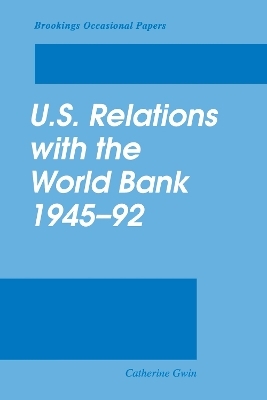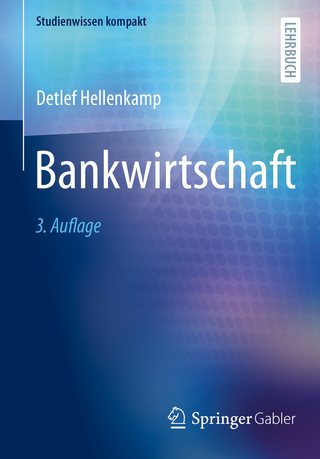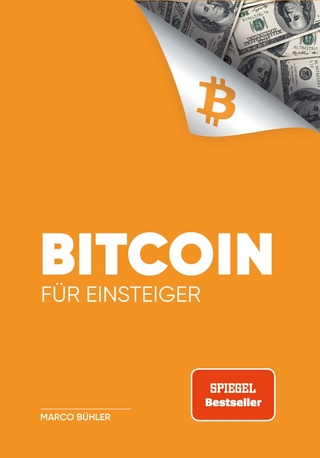
U.S. Relations with the World Bank, 1945-92
Seiten
1994
Brookings Institution (Verlag)
978-0-8157-3349-2 (ISBN)
Brookings Institution (Verlag)
978-0-8157-3349-2 (ISBN)
Examines the evolution of US policy toward the World Bank and the impact of the United States on the institution's policies and operations. Beginning with the US role in the start-up of the Bank, Catherine Gwin describes the ebb and flow of the US support.
Catherine Gwin examines the evolution of U.S. policy toward the World Bank and the impact of the United States on the institution's policies and operations. Beginning with the U.S. role in the start-up of the Bank, Gwin describes the ebb and flow of the U.S. support: the increasing activism of Congress in U.S.-World Bank policy starting in the 1970s, the breakdown in the bipartisan character of support for the Bank in the early 1980s, followed by renewed U.S. attention in response to the debt crisis, and the later entry of Russia and other transforming economies into the Bank. Gwin disputes both those who see the Bank as under the thumb of the United States and those who see it as unresponsive to U.S. concerns. She suggests that the U.S. policy toward the World Bank has always reflected an underlying ambivalence toward both development assistance and multilateral cooperation. As a result, U.S. policy in the Bank has been erraticoften reflecting the swings in U.S. politics and foreign policy rather than presenting a coherent view of the development financing role of the World Bank and a rigorous concern for the effectiveness of Bank operations.
Catherine Gwin examines the evolution of U.S. policy toward the World Bank and the impact of the United States on the institution's policies and operations. Beginning with the U.S. role in the start-up of the Bank, Gwin describes the ebb and flow of the U.S. support: the increasing activism of Congress in U.S.-World Bank policy starting in the 1970s, the breakdown in the bipartisan character of support for the Bank in the early 1980s, followed by renewed U.S. attention in response to the debt crisis, and the later entry of Russia and other transforming economies into the Bank. Gwin disputes both those who see the Bank as under the thumb of the United States and those who see it as unresponsive to U.S. concerns. She suggests that the U.S. policy toward the World Bank has always reflected an underlying ambivalence toward both development assistance and multilateral cooperation. As a result, U.S. policy in the Bank has been erraticoften reflecting the swings in U.S. politics and foreign policy rather than presenting a coherent view of the development financing role of the World Bank and a rigorous concern for the effectiveness of Bank operations.
| Sprache | englisch |
|---|---|
| Maße | 152 x 229 mm |
| Gewicht | 454 g |
| Themenwelt | Sozialwissenschaften ► Politik / Verwaltung ► Europäische / Internationale Politik |
| Sozialwissenschaften ► Politik / Verwaltung ► Staat / Verwaltung | |
| Wirtschaft ► Betriebswirtschaft / Management ► Finanzierung | |
| Betriebswirtschaft / Management ► Spezielle Betriebswirtschaftslehre ► Bankbetriebslehre | |
| Wirtschaft ► Volkswirtschaftslehre ► Makroökonomie | |
| ISBN-10 | 0-8157-3349-6 / 0815733496 |
| ISBN-13 | 978-0-8157-3349-2 / 9780815733492 |
| Zustand | Neuware |
| Haben Sie eine Frage zum Produkt? |
Mehr entdecken
aus dem Bereich
aus dem Bereich
denken und handeln wie ein professioneller Trader
Buch | Softcover (2023)
Vahlen, Franz (Verlag)
36,90 €


